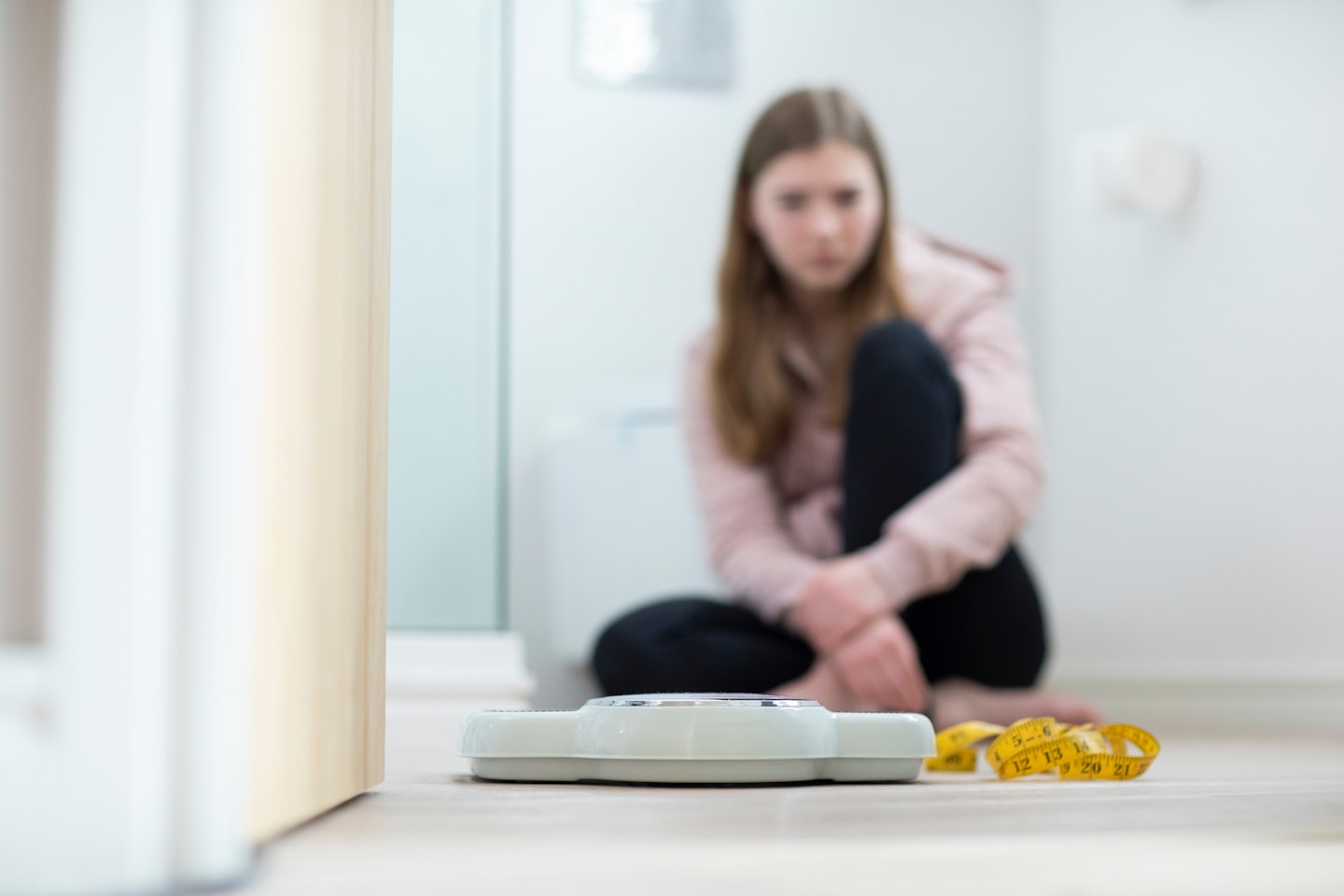Natalie Neale was shocked when her nine-year-old daughter asked if she was fat.
‘I thought the whole movement [about women’s bodies] was changing, but I feel like it’s coming back again,’ the 36-year-old mum says, referencing the ultra-thin bodies seen across film and TV this year.
The pressure for girls to look a certain way isn’t new. In the 90s, diet culture and ‘heroin chic’ was plastered on magazines, but thanks to social media young girls are fed these kinds of messages constantly.
In 2018, a GirlGuiding survey of girls ages 11 to 16 found that 51% of girls wanted to lose weight in 2018, jumping to 61% in 2024. It isn’t just weight – the market volume for ‘baby and child skincare’ is expected to reach $380m by 2028, with roughly 68% of Gen Z and Gen Alpha now adopting a skincare routine. Young girls are now no longer battling the pressure to be skinny, but to also have perfect, flawless skin too.
Two years ago, Sinead Sharkey-Steenson remembers her two girls, now nine and twelve, asking for a myriad of facial products – cleansers, toners, serums – that they had heard about from friends at school.
‘I was shocked because I wasn’t expecting any of this for another few years,’ the 49-year-old mum in Belfast says. ‘I felt they were too young for that kind of thing but told them I would do my research.’
She quickly learnt that many of the products they wanted weren’t appropriate for their delicate, young skin. But a friend of hers learnt the hard way after giving her eldest daughter an anti-aging serum.
‘She came out in a massive rash,’ she says.
While Sinead carries on making choices to protect the skin of her daughters, she often feels ‘torn’ when she hears that her girls are being picked up at school for not being allowed the same skincare products.
‘It feels really uncomfortable and hard to say no,’ she says. ‘But I just keep strong in my head, reminding them [that] I’ll do whatever is safe for them, even if it feels like I’m being the worst mum in the world.’
Another mum, Ally, shared that her seven-year-old daughter said she wanted to be thin like her Barbie dolls when she grows up. ‘I’m really sad and worried about what toys like that represent,’ she says. ‘I’m trying to remind her it’s not realistic.’

In response, Ally has started looking in the mirror when her daughter is around and saying aloud that she loves her body.
Molly Forbes, Director the Body Happy Organisation, says parents of daughters shouldn’t be surprised when their daughters want to copy what they have seen at school or on the internet – whether that’s having a certain product or being a certain size.
‘Wanting to emulate and copy things they’re seeing is a natural part of being a child,’ she says. ‘They’re working out who they are and it’s very normal to experiment with how they look and seek approval from others.’
She says when daughters talk about wanting to be thin, or having the perfect complexion, it’s a good idea to be curious instead of dismissing the ‘why’ question, she says. ‘Try to get them to vocalise why they want what they do - to tell you more.’
Molly says it would be better to sit with that discomfort alongside them and talk about it, rather than just quickly affirming them.
‘You as a parent just want to make it better, but this isn’t something you can just kiss away and put a plaster on,’ she says. ‘If you rush to reassure, you risk closing a door in the future when they’re feeling that way because they’ll think it’s wrong to feel the way they do.’
Girls are constantly being bombarded with messages that their bodies aren’t their own, and parents can help them take back their bodily autonomy by helping daughters understand what businesses are trying to do when they offer products to achieve the ‘perfect body’ – they’re trying to make money.
And while Molly says social media certainly has a part to play in how girls think about their bodies, so does the way families and schools talk about health and beauty.
‘Some of the wider messages and values young girls are getting about bodies’ – i.e. their worth being linked to their appearance – ‘isn’t just coming from social media,’ she concludes. ‘It’s important to recognise the places it’s showing up, making sure we’re not inadvertently perpetuating or reinforcing these values in the home.’
Natalie is doing everything she can to protect her daughter from influences, but it’s a daily battle.
‘I really worry about’ these pressures, she says.
‘My wish for her is just to be utterly happy in herself and not to get caught up in what she looks like.’
